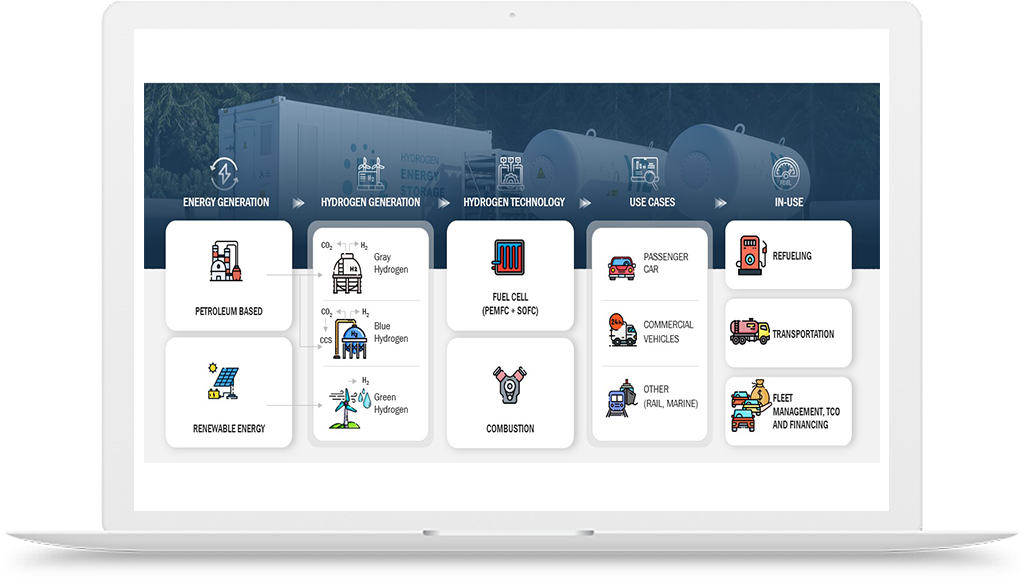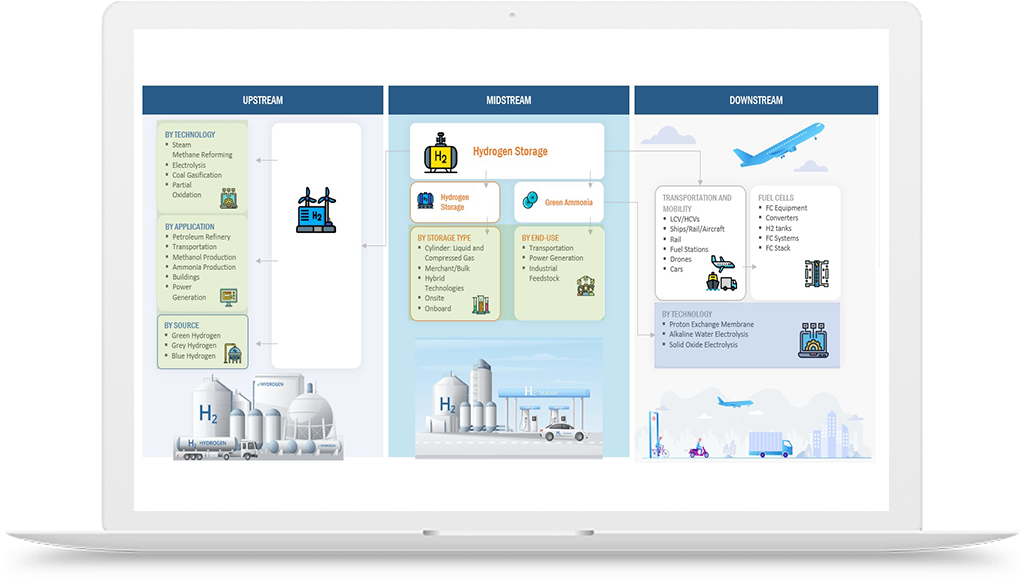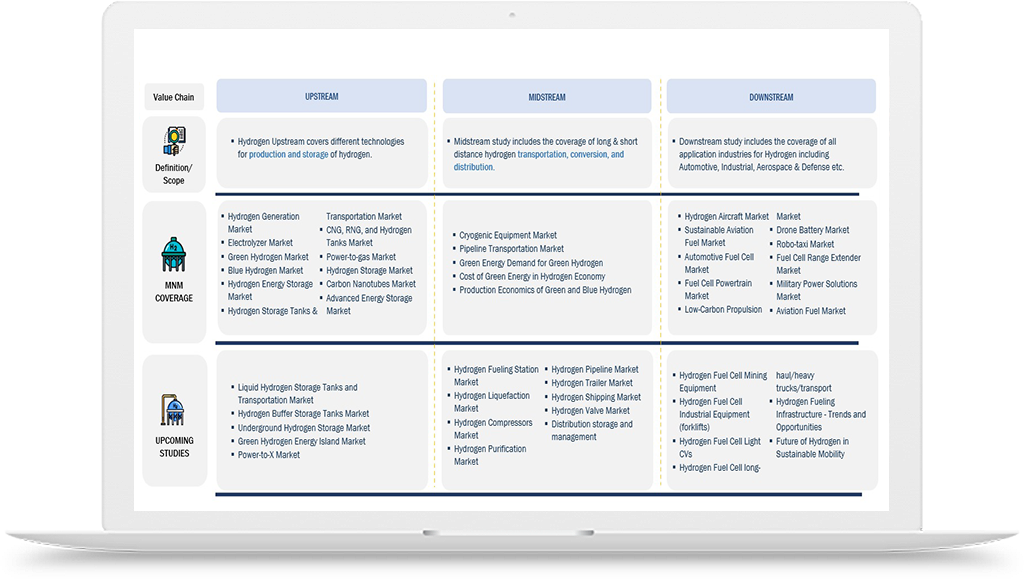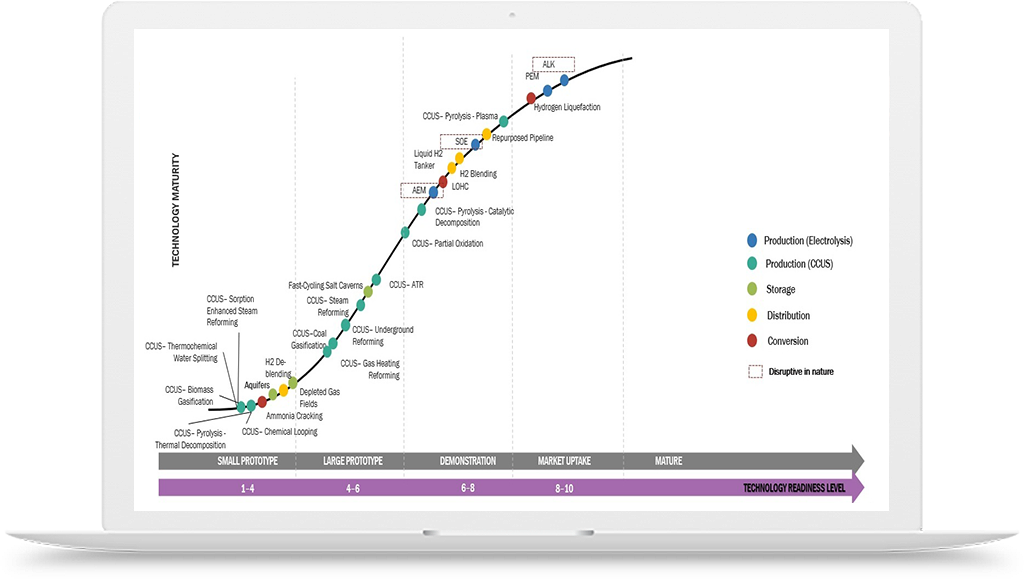Hydrogen Application in Glass Manufacturing Industry
The application of hydrogen in glass manufacturing has the potential to transform the industry and bring significant benefits, including reduced emissions, increased energy efficiency, and improved product quality. Here are some of the key applications of hydrogen in glass manufacturing:
- Melting Furnaces: Hydrogen can be used as a fuel in melting furnaces, which are used to melt raw materials such as sand, soda ash, and limestone to produce glass. By using hydrogen as a fuel, the melting process can be made more energy efficient, resulting in reduced emissions and improved product quality.
- Batch Preheating: Hydrogen can also be used to preheat the batch materials before they are fed into the melting furnace. This can help reduce the energy required to melt the materials, leading to reduced emissions and improved energy efficiency.
- Glass Forming: Hydrogen can be used as a protective gas during the glass forming process to prevent oxidation of the glass surface. This can help improve the quality of the glass and reduce defects.
- Annealing: Hydrogen can also be used in the annealing process, which involves heating the glass to a specific temperature and then cooling it slowly to reduce internal stress and improve product quality. By using hydrogen in the annealing process, the energy required to heat and cool the glass can be reduced, leading to improved energy efficiency and reduced emissions.
















